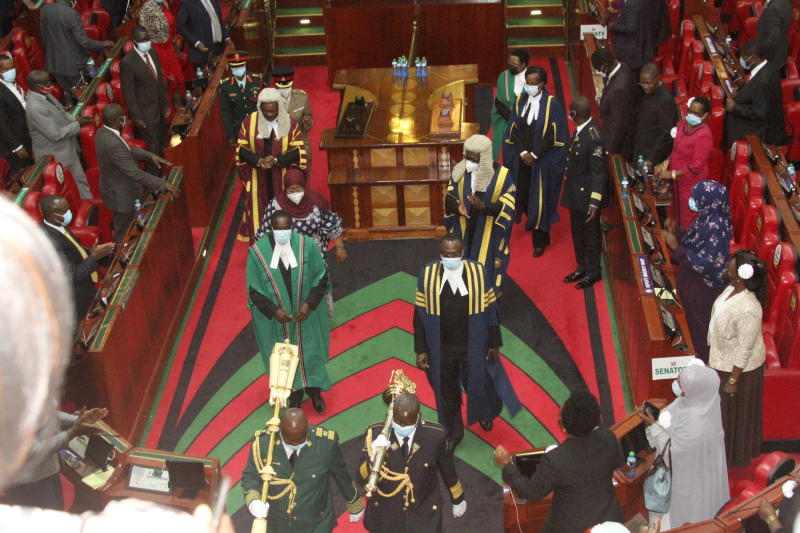×
The Standard e-Paper
Join Thousands Daily

Regardless of personal positions taken, two things are guaranteed to get most Kenyan households truly hot and bothered as they pursue their daily lives.
The first one is elections, especially participation during the actual event. This is the process that now takes up to two years out of Kenya’s five-year business, economic and investment cycle.